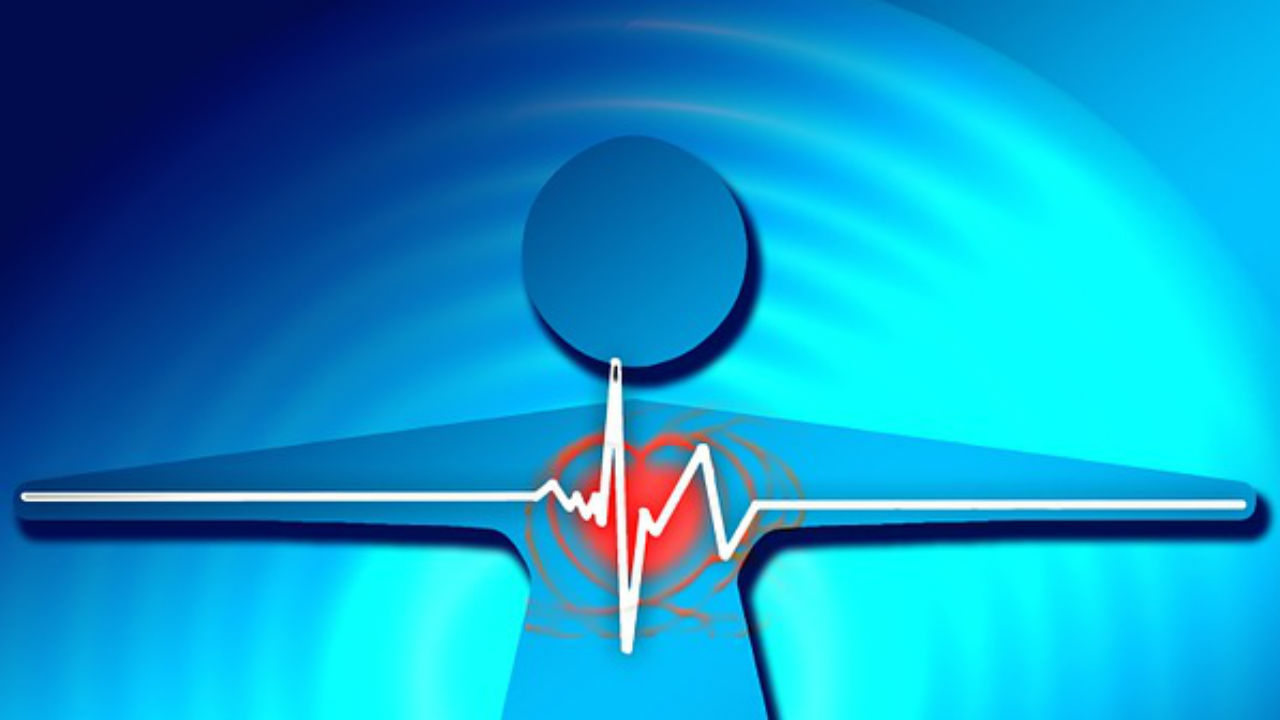Have you ever been accused of being a chronic worrier? Do you ever lie awake at night going over the mental list of problems just waiting to pounce the next morning at the office, wasting precious sleep as you anticipate and plan just how you’ll handle these worries? Perhaps a meeting with a friend or loved one just went badly and too late you thought of all the right things to stay? Like a rerun of a bad play, you keep replaying the scene over and over again in your head, beating yourself up with the could have, should have syndrome instead of moving on past the incident?
Let’s face it; worry is a part of life. There is always going to be something to fret over. It’s just human nature. However, is it possible to worry too much? Is there a point when worry actually stops being an emotional issue and begins to impact your physical health and particularly your heart health?
Increasingly, both medical and psychiatric disciplines are beginning to recognize a mind-body connection between our emotions and emotional health and our physical health. While the cause and effect relationship remains elusive, there does appear to be a link between emotional health and heart disease. In particular, persons with mood or other general anxiety disorders seem to be at a disproportionately high risk for heart disease. Persons with anxiety disorders are at three times greater risk for heart disease than the general population while persons with depression are twice as likely to develop heart disease.
Stress and anxiety disorders (like excessive worry) result in many physiological changes, including an increased risk of heart disease. It has been observed that heart disease may develop after the stressful triggering even has long since passed. Why? The problem, according to one theory, may be that while the triggering event has passed, there has been no emotional recovery. When emotional recovery is delayed, the person may remain stuck in the emotional moment, continuing to relive the event and feel the same stress over and over again. If emotional healing is delayed, they may continue to dwell and reflect upon the triggering event as if it has just happened. Psychiatrists refer to this process as rumination or perseverative cognition. Regardless of the name, when a person does not heal emotionally, when they continue to worry, continue to relive the past, continue to live in the moment of the stressful event instead of living in the present, the result is that they continue to damage their health and put themselves at greater risk for heart disease. Your body does not know the difference between stress as it is happening or stress and worry that is being relived over and over again in the mind. The body will respond to either type of stress the same by raising blood pressure and the heart rate. Over time, as emotional healing is delayed, the body is put at greater and greater risk for developing heart disease.
The same is true of worry and stress. A certain amount of stress and worry are always going to be a part of life. The problem comes, with respect to heart health, when we can’t move on, when we can’t shift our focus from the stressful event and continue to live in that moment. Women are particularly prone to rumination, to reliving the moment over and over again, feeling the same emotions just as if it were happening all over again. When we do this, we may just be causing our hearts undue stress not only emotionally but physically as well. One of my favorite sayings is that it’s OK to have a pity party but it’s not OK to live there. If you find yourself living in the worry, living in the stress, talk with your doctor not only about ways to move forward to living in the now, but to address ways to protect your heart health on your journey as well.
Until next time, here’s wishing you a healthy heart.
Sources:
Britta A Larsen and Nicholas J.S. Christenfeld, Cardiovascular Disease and Psychiatric Comorbidity: The Potential Role of Perseverative Cognition, Cardiovascular Psychiatry and Neurology, Hindawi Publishing Corporation, Vol 2009, Article ID 791017, http://www.hindawi.com/journals/cpn/2009/791017.html






Add a CommentComments
There are no comments yet. Be the first one and get the conversation started!